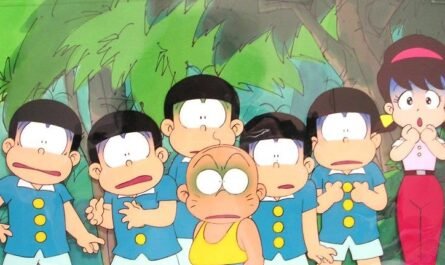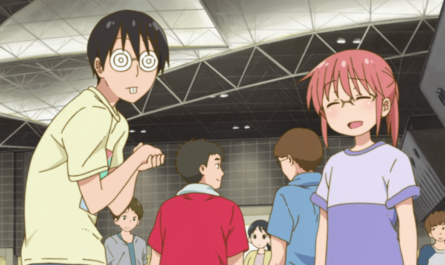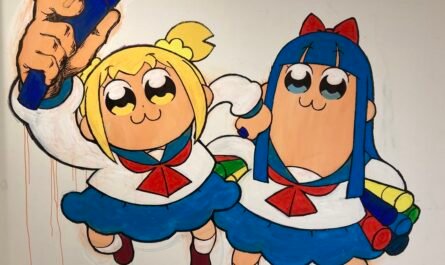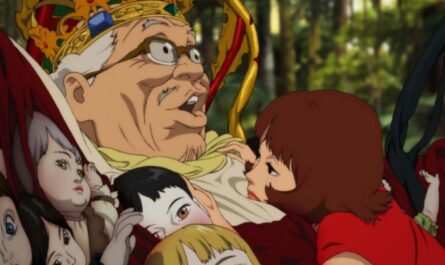The Tokyo Olympics, which closed on August 8th yesterday.
During the event, not only the activities of each player but also the event was held in Japan, and animation-related performances from participants from each country and those who watched over them were often talked about.
Recently, the most talked-about thing was acting in rhythmic gymnastics, which you can see from this video (link to Youtube NHK channel).
The players of the Uzbekistan team wore costumes reminiscent of “Sailor Moon” and performed according to the anime theme song “Moonlight Densetsu.”
In addition, many anime and manga-related performances of athletes have been reported even during non-acting and non-competition scenes.
For example, I love anime and manga such as “Dragon Ball.” In Doha 2019, I respected Goku, even from the episode where I chose “selfish secret” silver hair instead of the famous Super Saiyan blonde and dyed my hair. Noah Lyles (USA) on land, who seems to be a hardcore fan.
At the Tokyo Olympics this time, the appearance of performing “Dragon Ball” related performances, such as shooting Kamehameha after winning the bronze medal, was a hot topic.
In addition, long jump gold medalist Miltiádis Tentglu (Greece) will perform Luffy’s “Gear Second,” and shot put Payton Otterda (USA) will perform Frankie’s “Suuuuupeeeeer” texture pose. Players who perform “One Piece” related performances have also appeared.
This is also true for the players themselves. Still, it was also noticed that Twitter’s ONE PIECE staff [official] account responded to the performance and sent messages to the players in Greek and English, respectively.
We celebrate with friends all over the world. We pay tribute to your efforts and achievements!
We sincerely congratulate our “NAKAMA” worldwide and pay utmost respect for your efforts and achievements.
From these performances that you can’t choose without knowing the work, it’s easy to tell that you’re not only conscious of the venue but that you also like it.
On the other hand, there were some events in which overseas media struggled to introduce such Japanese anime culture.
Although it was news in various places, the account of BBC Sport in the UK called “Unicorn Gundam” in Odaiba reflected during the climbing competition as “Transformers.”
As you can see from the reply to the above tweet, we received many tsukkomi from anime fans worldwide rather than from Japan.
BBC Sport also sent the following comments to a large number of reactions.
However, as a result, this series of exchanges was also an event that made Gundam known to more people, including the BBC Sportspeople.
All the events introduced this time have in common that the anime, which is considered the venue and the representative culture of Japan, was sent by overseas participants and fans, not from the Japanese side.
Even in Japan, there is increasing news that Japanese anime and manga are popular worldwide. However, there are not many opportunities to realize how much it is.
Meanwhile, the performances and reactions of athletes and fans worldwide during the Olympic Games may have become an event that reminds us that there are so many anime lovers and manga lovers in the world.











